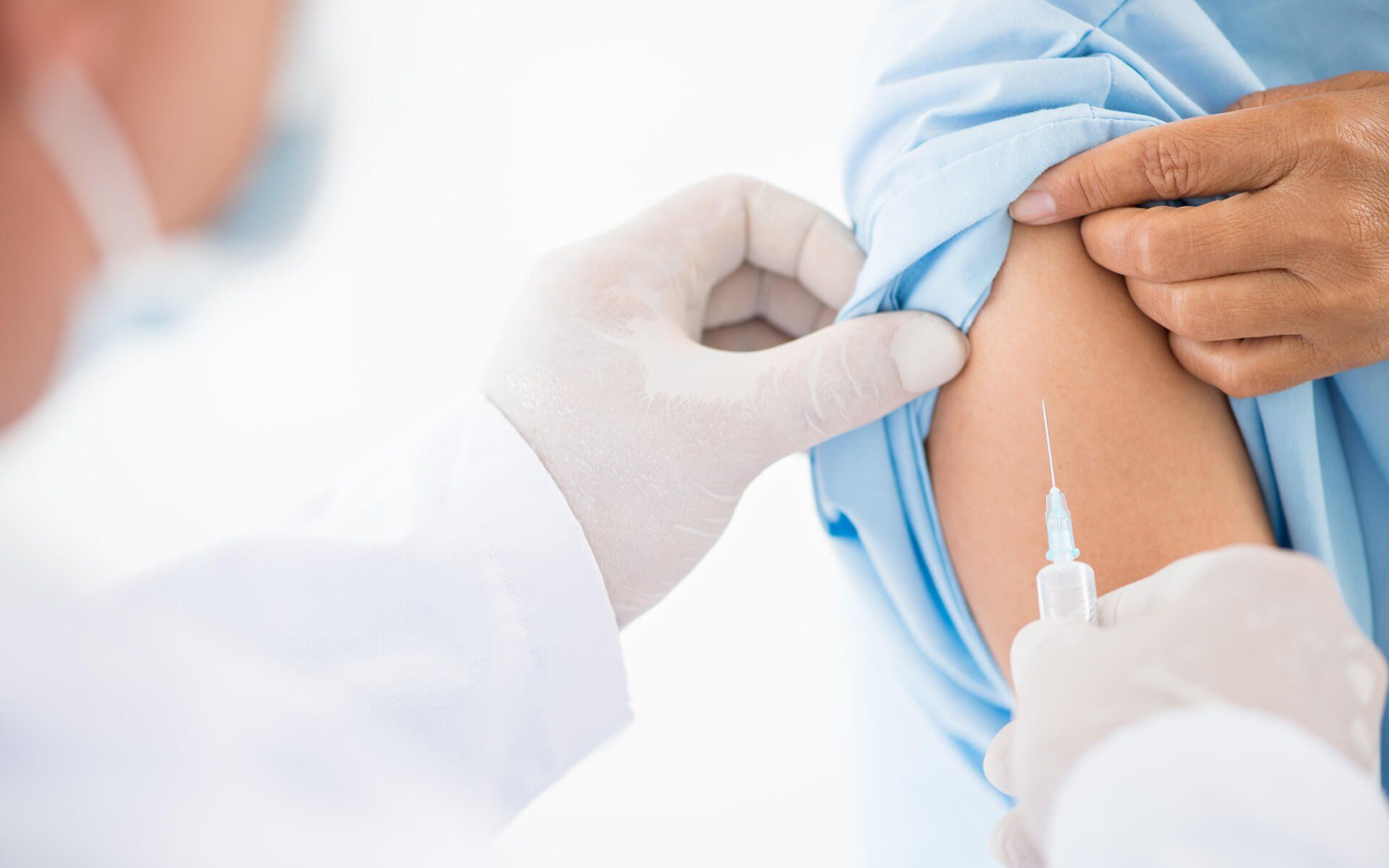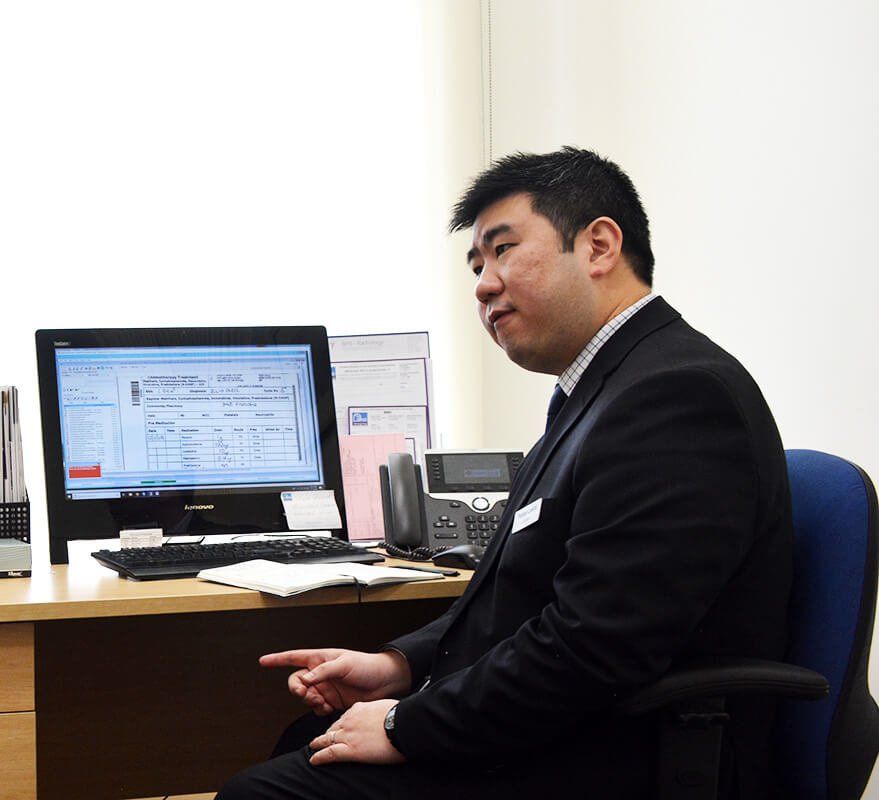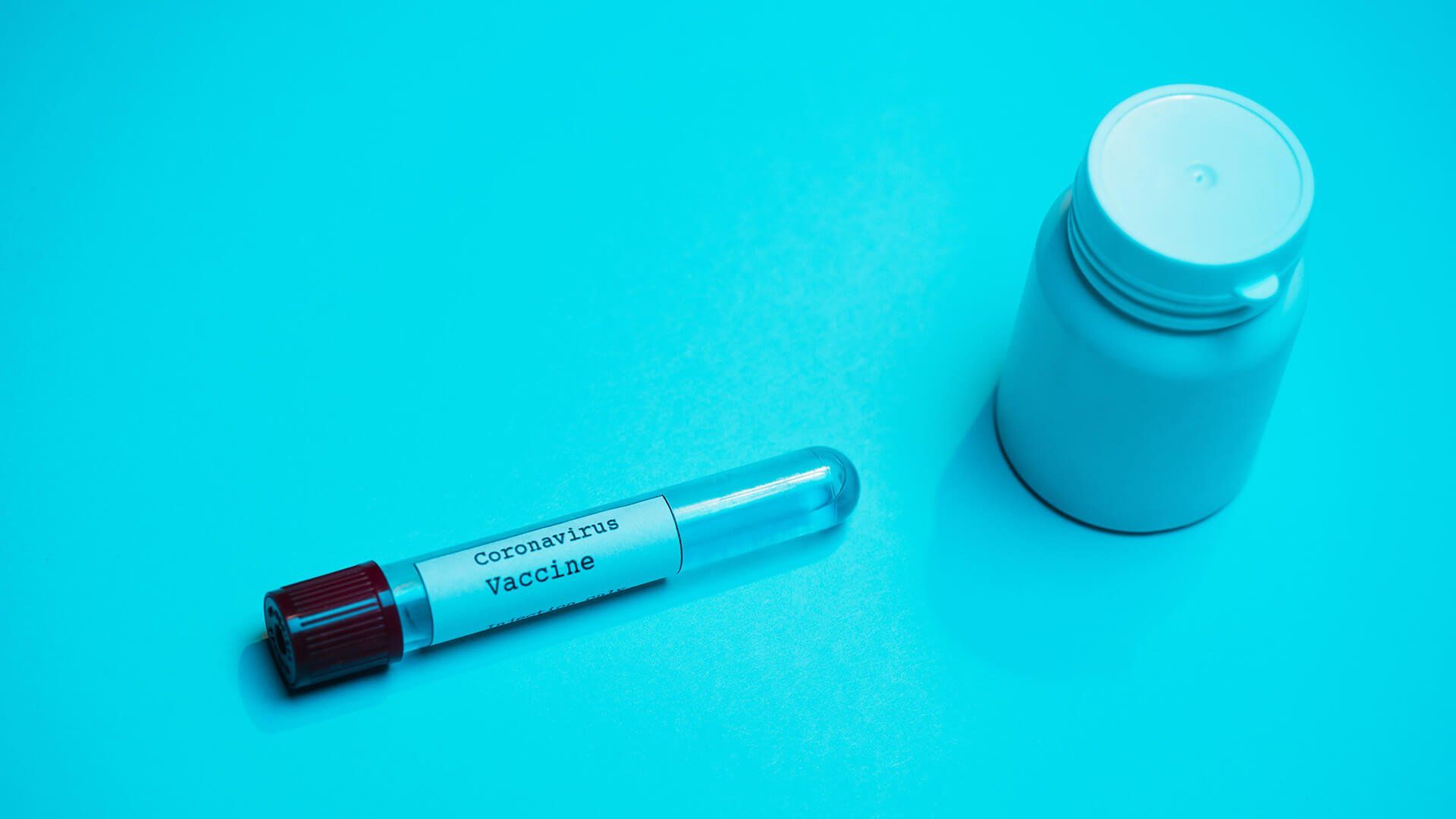The Government and the Medical advisory group (ATAGI) have release new recommendations last week for individuals who are severely immunocompromised in regards to the COVID-19 vaccine.
What are the recommendations?
These recommendations will affect some (but not all) of our patients. As always, we are happy to discuss any of the recommendations further with all of our patients.
Recommendations are that all individuals > 12y.o with certain malignant conditions (see below) receive a 3rd BOOSTER shot of the COVID- 19 vaccine. The third dose is suggested to be one of the two available mRNA vaccines (Pfizer of Moderna) rather than the AstraZeneca vaccine, if they are available.

Which patients will require a third dose?
The patients in whom a third dose of the COVID-19 vaccination is suggested are:
- All patients with an active haematological (blood) cancer (i.e. leukaemia, lymphoma, myeloma) regardless of their treatment.
- All patients with a solid tumour (ie. breast, lung, colon, prostate) cancer
- who are currently on ACTIVE treatment with CHEMOTHERAPY or RADIATION THERAPY or HORMONE therapy
- those patients on IMMUNOTHERAPY (ie. pembrolizumab or nivolumab) do not require a third dose of the COVID19 vaccine. - Ongoing treatment with Immunosuppression with high-dose corticosteroids (PREDNISOLONE or DEXAMETHASONE)
- All patients who have had a haematopoietic stem cell transplant or CAR-T therapy
Are there patients with cancer who do NOT need the booster vaccine?
Our patients who have cancer and are receiving ONLY immunotherapy are not recommended to have a 3rd booster COVID-19 vaccination. This is a small group of patients only and the information around this recommendation may be updated in the future.
When do I need to get the vaccine?
We recommend that this booster is given between 2 to 6 months following the 2nd dose of vaccine. For many of our patients who received their original doses more than 6 months ago that time is now and we encourage you to book in as soon as possible.
Is it safe to have a booster COVID 19 vaccine?
The safety profile has been reported as similar to that of the first and second doses. There is ongoing information being gathered regarding this.
Why is a third dose necessary?
Patients with a compromised immune system are at increased risk of severe complications if they become unwell with COVID-19. Studies have shown both a prolonged period of illness and higher risk of death from COVID-19.
The ability of the immune system in an immunocompromised individual to respond to any vaccine is decreased, meaning that the vaccine after 2 doses may not provide as much protection against COVID-19 as we would like.
This means that even when fully vaccinated with 2 doses of the vaccine, in those individual with a compromised immune system, there is a higher risk of contracting and becoming unwell with COVID-19. Therefore, to maximise protection against COVID-19 a third injection has been recommended.
Why is the recommendation for the third BOOSTER shot to be the mRNA vaccines (Pfizer and Moderna)?
The recommendation for a mRNA vaccine as a third booster shot is the research available, most of these studies have been undertaken using one of the mRNA vaccines, therefore this is the recommendation.
If there is a contra-indication for having a mRNA vaccine then an alternative brand (Astrazeneca) can be used.
Article by
Dr Kortnye Smith








